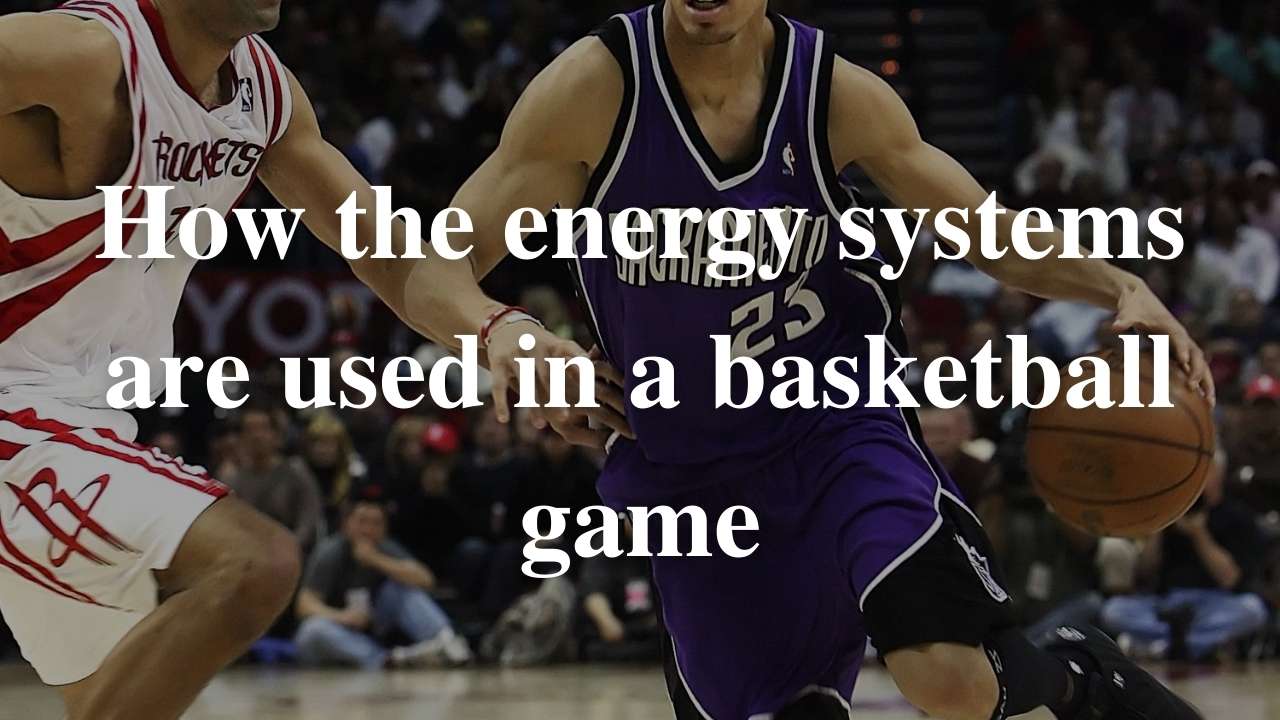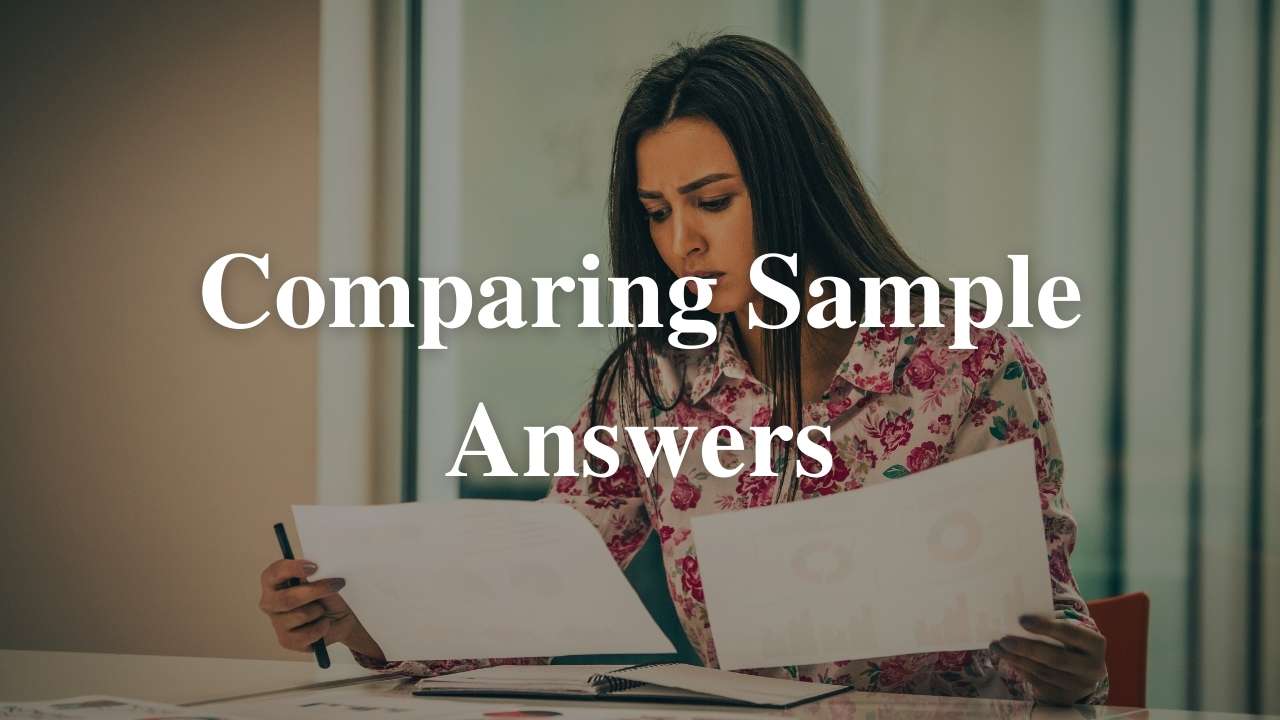So many people study for hours and don’t get results from it because they don’t study effectively. Effective studying is learnt, and many people didn’t bother learning it during their junior years at school. So here is How you can decrease your study time while also increasing your results.
Engage your brain to study effectively
First of all, effective study is NOT copying notes or reading a text book over and over. Mindless writing does not put the information or any kind of understanding of the information into your brain. It is just writing/copying. If you don’t engage your brain how can you possibly be learning anything.
Again, reading through your text book, or your notes does not engage your brain on its own. Here I am referring to reading for the sake of reading. So that you can say: “I did study!” NO!! Reading through a text is boring and you will switch off pretty soon. You need to engage with the text or with your reading and writing. How is this done? Well….
Read slow
You need to take your time reading the text or notes and ensure you understand what you are reading. Obviously you need to read, but this reading is engaged reading. By this I mean things like:
- If you read a word you don’t understand, then do further research so ensure you understand the word.
- If you read a paragraph and can’t remember it, READ IT AGAIN this time paying attention.
- If you still don’t understand, ask someone, do some further research on the net or look at a different textbook or someone else’s notes.
- Highlight key terms, or write the key terms on a sticky note to use later as you write.
- Break your reading up with your writing, both summaries and practice exam answers.
This type of engaged reading will help you to understand the content and make your study more effective.
Write in Your Own Words
Once you understand the content you need to write your notes in your words!! You are not just copying notes or words from a text, you are writing your own words after you have understood the content. Write your notes in a brief format with colour and well spaced. This makes them easy to navigate (see my post on how to write HSC PDHPE summaries if you are not confident).
As soon as you have written your notes, then pick a past exam question that relates to the content you just learnt and write an answer (you can see my post on doing past papers here). Doing this straight away helps increase your retention (memory) of the content. You are now not just writing words, but thinking about your words, putting the sentences together yourself and answering a HSC PDHPE exam question, which is exactly what you will be asked to do with the content later anyway.
This method of study is possibly the most effective study you can do.
- Understand the content
- Write brief easily navigated summaries in YOUR words – preferably as flashcards or mind maps for review
- Write a HSC PDHPE exam answer to a past paper.
- Check it yourself using the sample answer and marking criteria and then get feedback from your teacher.
- Re-Write your answer with the feedback
These final 2 steps will really boost your result. I would even repeat the cycle until your teacher says the answer is perfect and could not be improved. Getting feedback on your answer will help you to develop not just your understanding, but your ability to apply the content to life and write cohesively.
For more study free study tips click here. You can also purchase my ebook “12 Easy Steps to Increase your HSC Results” here






